2025 Marketing Trends South African Job Seekers Should Know
2025 Marketing Trends South African Job Seekers
Ever scrolled through your LinkedIn feed and felt like marketing moved on without you? You’re not alone. In South Africa, digital marketing is transforming at lightning speed, and 2025 promises to be a landmark year for anyone building a career in this space.
From TikTok-savvy recruiter campaigns to AI-driven ad buys, the rules are changing. And HR teams? They’ve got to keep pace—because the talent they hire today will shape the brands of tomorrow.
At The Working Earth, we’re right in the thick of it—matching forward-thinking companies with marketers who live and breathe these trends. Ready to get ahead of the curve? Let’s dive in.
Influencer Marketing Moves into the C-Suite
Think influencer marketing is only about pretty Instagram grids? Think again. In 2025, South African companies are inviting in-house experts and C-level executives to speak directly to clients, candidates, and partners.
Why does this matter for you? Because brands are hiring people—maybe it’s the Head of IT, maybe it’s the CFO—to become the very face of their digital conversations. They’re looking for storytellers who can translate complex ideas into authentic videos, LinkedIn posts, or even Clubhouse chats.
If you’ve ever wondered, “How can I turn my subject-matter expertise into real influence?”—this is your cue. Recruiters need talent who not only understand data, but who can captivate an audience with it.
UGC: Your Brand’s Best Friend
User-generated content (UGC) used to live in the realm of fashion hauls and travel photos. Now, it’s crawling its way into corporate boardrooms. Picture a junior analyst sharing a quick snapshot of their day in the trading room—or a project manager giving a candid testimonial about your company’s culture.
Why is UGC so powerful? Because it feels real. When potential hires see their peers talking about what makes a workplace great, they pay attention. And smart companies are leaning into this by embedding UGC in everything from recruitment ads to internal newsletters.
Pro tip: If your resume or portfolio shows experience curating or moderating authentic content—especially in a professional setting—you’re speaking the language of 2025 marketers.
Every Rand Counts: Performance Tracking on Steroids
Remember when marketing success was measured in “likes”? Those days are gone. Now, it’s about real results: clicks, leads, conversions, dollars earned. Employers are hiring analysts who can stitch together data from Google Analytics, Facebook Ads, email platforms, and more—painting a clear picture of ROI. They want people who can answer tough questions like, “Which campaign drove our top 10 clients?” or “How do we tweak our funnel to squeeze out another 5% conversion?”
If you’ve built dashboards, run A/B tests, or dissected performance reports, shout it from the rooftops on your CV. That hands-on experience will set you apart in a sea of candidates.
One Voice, Everywhere: Cross-Channel Integration
Imagine your brand whispering in your prospect’s ear on Instagram, emailing them a personalised offer, then popping up in their search results with the perfect retargeted ad. Seamless, right?
This cross-channel magic relies on marketers who can think holistically—crafting a narrative that flows across SEO, social, email, and paid media without feeling fragmented. For job seekers, proof of this skill might look like: leading a campaign that combined organic and paid efforts, or collaborating with multiple teams to launch a unified brand push. Companies today want marketers who can see the big picture and sweat the small details.
Employer Branding: Marketing’s New Frontier
Here’s a curveball: marketing isn’t just about customers anymore—it’s about talent too. Employer branding sits at the intersection of HR and marketing, showing off your workplace culture to attract top candidates.
Think Glassdoor reviews amplified through Instagram Stories, or employee success stories turned into LinkedIn carousels. The best teams hire marketers who can translate real employee experiences into digital narratives that resonate.
Research shows strong employer brands attract 50% more qualified applicants and cut hiring costs by nearly half. If you’ve ever run a campaign to showcase culture, highlight D&I efforts, or boost internal morale, your next role could be waiting.
What This Means for HR Managers in 2025
So, what should you be looking for when you hire?
- Storytellers who can turn executives into influencers
- Creators comfortable with employee-generated content
- Data nerds who live for performance metrics
- Strategists who plan integrated, cross-channel campaigns
- Culture champions who know employer branding is everyone’s job
Sound like a tall order? It is—but that’s where we come in.
Why Partner with The Working Earth
At The Working Earth, we don’t just fill positions. We uncover the hidden skills that will drive your business forward:
- We craft precise job specs that reflect these 2025 trends—tell us what you need.
- We tap into a network of marketers who are already experimenting with UGC, influencer boardrooms, and performance dashboards.
- We guide candidates and clients through every step—ensuring alignment between your culture and their career goals.
Your Next Move
2025 is your moment. Whether you’re a marketing professional ready to level up or an HR leader building a future-proof team, the time to act is now. Explore roles in the finance-marketing space—and beyond—on our job board. And if you’re gearing up to hire, let’s talk about how we can bring the perfect digital marketing talent into your organisation. Because in a digital world that never stands still, you need a partner who knows where it’s heading.










